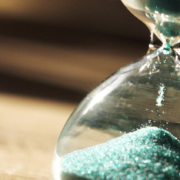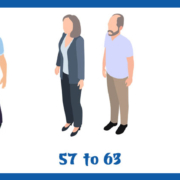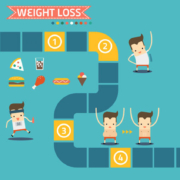Can You Lose Weight by Sleeping More?
That doesn’t seem to make any sense; you’re not going to be as active because you’re sleeping, so how can that help you lose weight? Well, if you’re sleeping you’re not eating, but there must be more to it than that. Let’s go back to the SCN, the pacemaker of rhythms.
Researchers have found that cortisol and melatonin aren’t the only hormones and organs tied to the light-dark cycles. Hundreds if not thousands of genes also respond to light-dark cycles. Glucose metabolism, the processing of sugars, is tied to these cycles; we seem to process sugars better during the light hours than at night. For some reason, eating carbohydrates in the dark hours results in slow processing of carbohydrates. Typically carbohydrate metabolism is a fairly high-energy process using 15 to 20% of the calories in digestion and absorption, but eating in the evening seems to decrease metabolism enough that it could theoretically result in gaining 12.5 pounds in a year.
Theory and life are two different things. Research on rodents shows that if researchers flip their cycle by feeding them in opposition to their rhythms—they’re day-sleepers, so they’re the opposite of us—they gain more weight when fed the same diet than mice fed during their normal cycle.
What about humans? Is there a solution? Skinny rats are fine, but what’s in it for us? We’ll wrap this up on Saturday.
What are you prepared to do today?
Dr. Chet
Reference: doi:10.1001/jama.2017.0653









